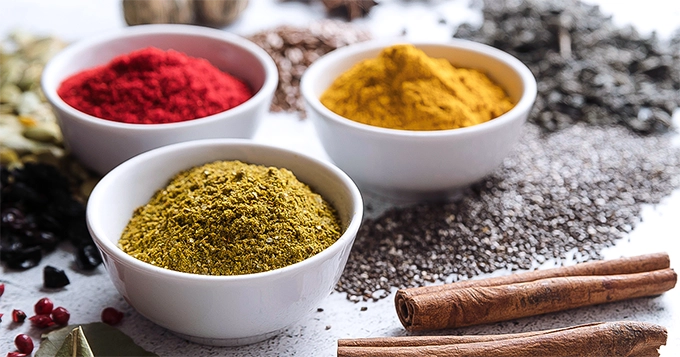What is the immune system?
Your immune system works hard to keep you healthy. It keeps germs – such as bacteria, viruses, parasites – out of your body, destroys them, or limits the extent of their harm if they get in.
It activates, mobilizes, attacks, and kills foreign invader germs that can cause you harm.
How to improve your immune system?
Here are 3 tips you need to remember to boost your immune system.
Eat Immune-Boosting Foods
Proper nutrition for immune health is essential as it gives your body the nutrients it needs to function properly. Some immune-boosting foods include the following:
-
Citrus fruits
Citrus fruits are rich in vitamin C.
Vitamin C helps your immune system by supporting various immune functions and acting as an antioxidant to fight free radicals in the body. It also helps decrease inflammation. It keeps your skin healthy, acting as a protective barrier.
Some recent studies suggest that high doses of vitamin C may shorten cold symptoms. It can boost white blood cell activity and support antibody production and natural killer cells. Additionally, it can enhance antibiotic effectiveness against bacteria.
Popular citrus fruits include:
- Sweet oranges
- Mandarins
- Limes
- Grapefruit
- Lemons
-
Red bell peppers
Red Bell Pepper contains more vitamin C than citrus fruits. These are also a rich source of beta-carotene, which boosts your immune system. Bell peppers also keep your eyes and skin healthy.
-
Broccoli
Broccoli is supercharged with vitamins and minerals. Packed with vitamins E, C, and A, fiber, and many other antioxidants, broccoli is one of the healthiest vegetables you can put on your plate.
-
Spices and seasonings
Every edible plant has distinctive chemicals with the ability to improve health. Researchers have examined the unique properties of spices and seasonings like garlic, ginger, oregano, and cinnamon as anti-microbials, anti-inflammatories, and cell-protecting antioxidants.
Garlic’s high sulfur content helps as a cold and flu fighter. The sulfur also helps your body absorb the trace element zinc, which is also an immunity booster.
Since 4,000 years ago, turmeric has been used to treat a number of conditions. According to studies, turmeric can alleviate digestive issues and fight infections and inflammation.
Dietary strategies for immunity involve making smart food choices to support and strengthen your body’s defenses against illnesses.
Spices and seasonings don’t work like magic; taking them as pills isn’t the same as eating the actual food. However, adding flavor to dishes with these ingredients implies that your daily meals will contain even more nutrients.
-
Fermented foods
Common fermented foods include kefir, kimchi, kombucha, sauerkraut, tempeh, and yogurt are naturally preserved by bacteria, and they’re good for the microbiome. Microbiome is the name for the trillions of bacteria that live in your gut, where many cells involved in immunity actually reside.
-
Nuts and seeds
Several vitamins and minerals (B-6, magnesium, phosphorous, or selenium) are found in nuts like almonds and walnuts and seeds like sunflower. They can help control and sustain your immune system. You can add them to your salads or eat a few as a nutritious, energizing snack.
-
Protein
Amino acids make up proteins. They aid in transforming T cells, B cells, and antibodies—important immune system components—into germ-fighters that recognize and eliminate potentially infectious cells as they enter your body.
Thus, your immune system may deteriorate if you don’t consume enough protein. Additionally, zinc is a mineral found in animal products like beef and pork, which your body needs to produce T-cells.
Be Physically Active
Regular physical activity makes you feel better, sleep better, and worry less.
Exercise not only stimulates the movement of immune cells throughout the body while it is being done, but it also encourages their continued presence for up to three hours after exercise is finished. This gives the immune system’s cells more time to find unwelcome invaders and keep you healthy.
Get Enough Sleep
Making sure your body has a chance to rest and recover from the day is important for your immune system to function at full strength. When we sleep, our bodies produce a protein called cytokines, which target infection and inflammation, creating an immune response.
Conclusions
Think of your immune system as your body’s defender. It fights off bad stuff that tries to make you sick, but sometimes it weakens because of certain factors such as poor food choices, smoking, and stress.
Prioritizing your immune system is the first and most vital step towards a happier, healthier, and more vibrant life, ensuring you can continue pursuing your dreams and passions without being held back by illness.









